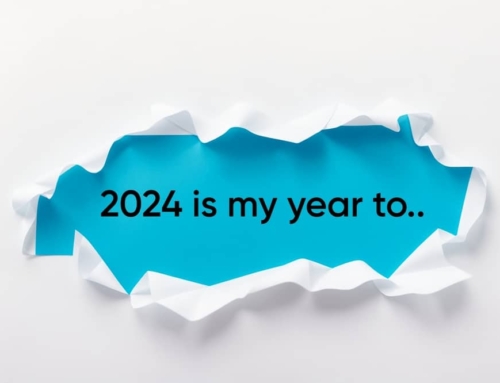Selling your house as a short sale with two lenders can be complicated if your two lenders disagree about the true value of the property.
Q: I have a question regarding a short sale. If somebody has a mortgage with one bank, and home equity line of credit with another, how it would the negotiations work if you found yourself facing a short sale? The value of my house is worth far less than the mortgage at the current time, since there have been so many foreclosures in the neighborhood.
Since I do have a mortgage and home equity loan with different lenders, I want to have a better understanding of the process before I pick up the phone and tell them that I need to sell the house in a short sale. And, what happens if one of them agrees to a short sale and the other doesn’t?
A: The concept of a short sale appears to be fairly simple, but the reality can be quite complicated, especially if your two lenders disagree about the true value of the property and what needs to be done to dispose of it or the second lender wants more money than it may get if the property was actually foreclosed on by the primary lender.
Each bank will require you to get in touch and get its approval for the short sale. The first issue most borrowers find they have to overcome is actually finding the right person at the right department at each bank to start the process. Many of the big box lenders have an “automated” system for approving short sales. This system may be through an online system where documents are uploaded and the application is taken online.
If you find the right person you then need to “apply” for the short sale process. This application process can be more tedious than the original loan application you went through when you got the loans. Once you get the process going, each lender may have its own agenda and if both banks don’t have the same agenda or have different ideas for their short sales, you may not get the sale approved.
For example, your first mortgage lender may approve the sale but only if they get all of the money from the sale. The equity lender may refuse to approve the sale unless they too get some of the money. If you can’t get them to agree, it will be quite hard to get the sale finalized.
While the government has stepped up to encourage equity lenders in some situations to release their debts, these lenders may still try to get more and others may not participate in the government programs. Given the many variables, we’ve come to see the short sale process with multiple lenders some of the hardest transactions to complete.
We’d recommend that you find a good attorney or real estate agent to work with that has had ample experience with short sales. It would be even better if these people had previous successful closings of short sale transactions with your primary and equity lenders.
While it is generally better to sell a home through a short sale, if you can’t go that route and have not been making your payments to the lenders, the primary lender can proceed to foreclose on the home. Before giving up, you need to see if you can find a buyer for your home and see is your current lenders are willing to work with you to get the home sold.
One final thought: Throughout the housing crisis, many attorneys have made claims by promising home sellers that they could get lenders to work faster through the short sale process and get more money for the homeowner. In some cases, these attorneys and short sale lender helpers asked for an amount of cash upfront, but were then not able to produce results. If someone tries to give you that pitch, move on and find a different attorney. You can get good referrals from your local or state Bar Association or through your real estate agent.






Leave A Comment